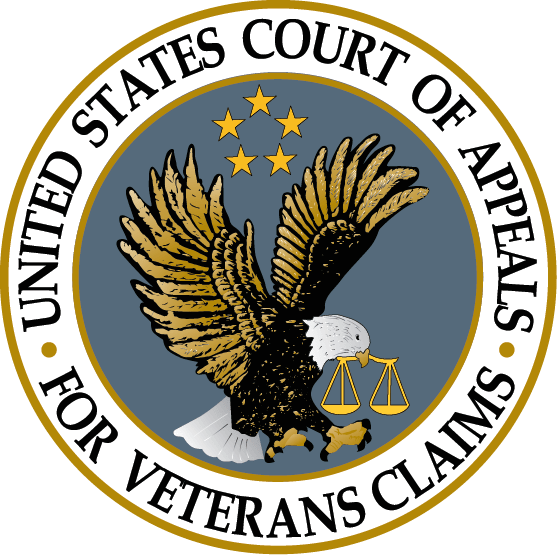
Why Soldiers Need Security Clearance
A common form of adverse administrative action is removing or downgrading a service member’s security clearance. This refers to the level of access they’re allowed to restricted information, materials, and areas. A higher security clearance entails greater responsibility and therefore is often associated with higher ranks. The reduction or removal of security clearance, on the other hand, is like a demotion.
Denial of security clearance can significantly curtail the future progress of a service member’s military career. This makes it a genuine concern for the men and women serving in San Diego’s many military installations and an important issue to understand.
Reasons You May be Denied
There are many potential reasons for clearance denial, the vast majority having to do with a service member’s perceived conduct. Here are some examples of behavior that could be deemed a security threat, and therefore result in clearance denial:
- Drug abuse or distribution
- Drinking problems
- Sexual misconduct
- Cognitive or psychological disorders
- Dishonesty or withholding information
- Noncompliance with security requirements
- Significant exposure to foreign influence
- Negligence with sensitive information
- Financial irresponsibility (e.g. habitual gambling, excessive credit spending)
Of these, financial irresponsibility is one of the most common reasons for clearance denial, with drug involvement probably being a close second. Dishonesty and noncompliance, while not as common, can easily result in clearance denial as well.
How to Challenge a Denial
Perhaps the most simple way to challenge a denial is to demonstrate that the apparent bad conduct did not actually take place – that is, to prove that you are innocent. But if that is not the case, you can instead demonstrate mitigating factors – that is, show that your conduct is not actually as much of a threat to security as it initially appeared.
For example, if you are facing clearance denial because of drug use, it can help your case a lot to prove one or more of the following:
- Your use of drugs was an isolated incident;
- Your use of drugs was not recent;
- You have successfully completed an approved rehab program;
If you are facing clearance denial because of a security violation, the mitigating factors may be different. Security requirements vary widely across the military; what constitutes a breach in San Diego may not constitute one elsewhere.
As with the drug use example, it can be helpful to prove that the problematic behavior was isolated, not recent, and/or unlikely to happen again. But you can also help your case by establishing that:
- The security lapse or instance of noncompliance was somehow inadvertent (e.g., due to improper or inadequate training);
- The security lapse or instance of noncompliance was due to legal counsel or the advice/order of a superior;
- You made a good faith effort to provide full and true information or correct the problem once you were made aware of it
Do You Need a Lawyer?
A denial, revocation, or reduction of security clearance can have serious consequences for your military career. If you are facing that possibility, you likely have more options than you think. Even if you are, in fact, guilty of whatever charge is being brought against you, there are a wide variety of mitigating factors that can lessen the consequences and help you maintain your progress in the military.
The trick, however, is to find out what those factors are and to prove them to your superiors. Such a task can be complex, but a skilled lawyer can help find and pursue the best possible course of action. With decades of experience defending service members in major military cities like San Diego and San Antonio, Stephen Brodsky is the person you need to call.




